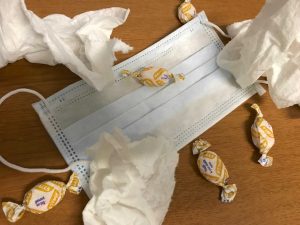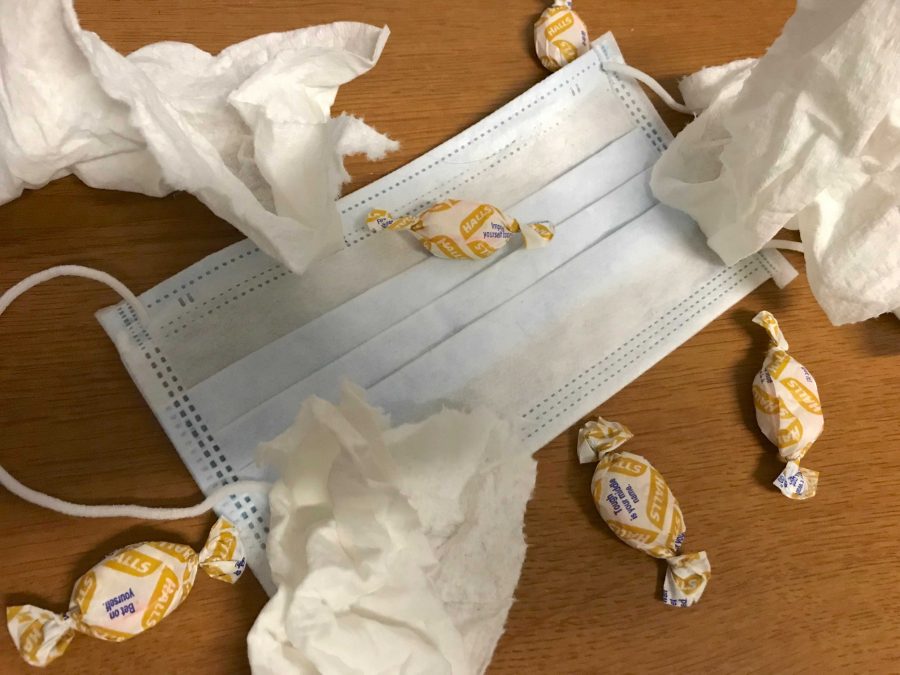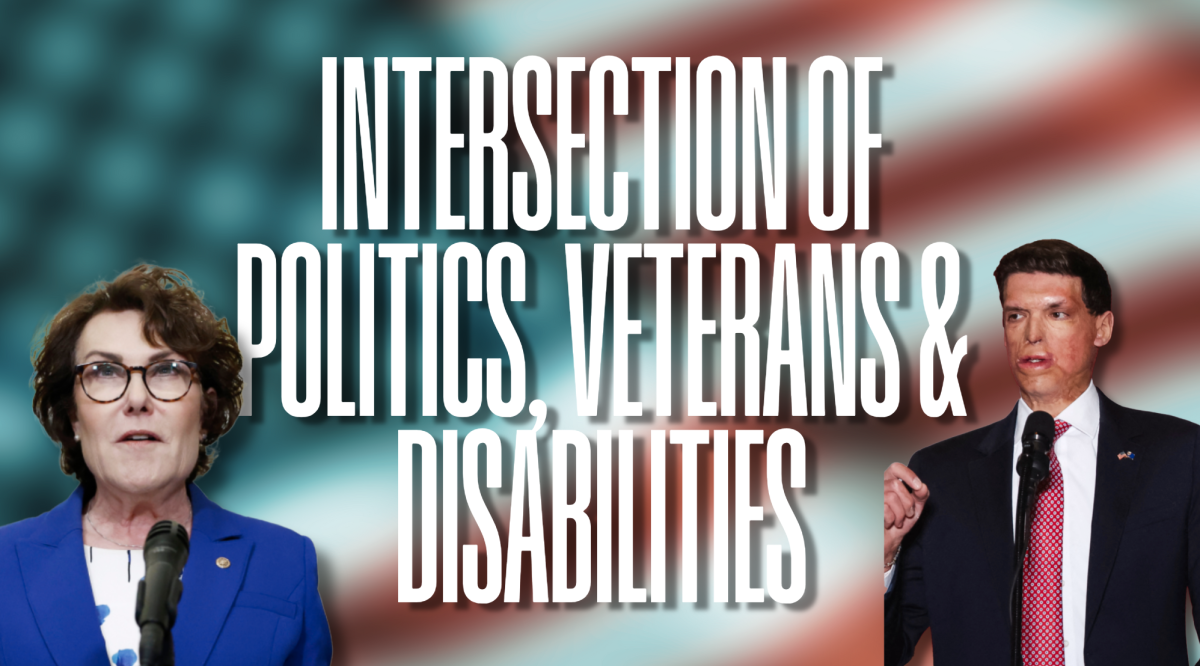By Julia Rist

As the refugee crisis continues to be a hot button issue, Natalie Wodniak, FCRH ’18, is researching medical experiences that Burmese refugees of the Karen ethnicities have in America.
Thousands of people are displaced from their homes everyday out of fear for their safety, according to Wodniak.
Wodniak, an Environmental Studies and Humanitarian Studies double major with a minor in Biology, said a major reason she decided on this topic was because it seemed to fit all of her areas of interest.
“I was thinking of a way to combine my interests in the environment with humanitarian issues,” Wodniak said. “I had done some previous research on traditional medicine, so I decided to combine that with a study of refugees in the United States.”
People who are of the Karen ethnicity speak Sino-Tibetan languages, but not all people who call themselves Karens share commonalities in language and culture, according to Wodniak. The Karen people make up the second largest nationality in Mynamar, and have faced conflict since 1949. They have been subject to one of the longest running civil wars.
Over the summer of 2017, Wodniak went to three different U.S. cities to conduct her research. She traveled to Fort Wayne, Indiana; Amarillo, Texas; and Buffalo, New York so that she could study the medical experiences of these refugees. Wodniak said it is still unbelievable for her to hear with her own ears what these people have had to go through to get to where they are now.
“One woman told me that she was pregnant when the military burned down her village, and after she fled, she had her baby alone in the jungle, with no medical assistance whatsoever,” Wodniak said. “She told me of the fear and the pain she remembers so vividly.”
Wodniak said the woman’s story moved her.
“When I heard this story in person, I was taken aback by the strength she must have had to keep fighting for her own life, as well as her child’s, amidst traumatic experiences,” she said.
She interviewed 39 people about their experiences with the American health care system. She said while some refugees reported having a good experience, hospitals could be doing more to help them ease their transition.
“Multiple refugees I interviewed asked me if I could help them get medical insurance again, which tells me that information about insurance is not readily available for non-English speaking populations,” Wodniak said. “Another concern is the significant decline in the use of traditional medicine once refugees come to the United States.”
Wodniak said that if our healthcare system was more pluralistic, perhaps refugee health would improve.
Her research consisted of asking refugees a specific set of questions, which she would record and transcribe. Then, once she had finished all of the interviews, she would look for specific trends across the data she obtained.
Wodniak said that the most common trait she saw among these people was resilience. She said it was amazing to see the kind of communities that they build for themselves.
“The community of refugees in each city was strong, and many [people] lived in the same housing complexes and attended the same church services,” said Wodniak.
Wodniak said she hopes her research will raise awareness about the refugee crisis. She said that it is not only important to understand the experiences that refugees face abroad, but also how they are transitioning into their new living environment.
“A goal for my research has been to spark conversations about refugee crises, and the importance of monitoring the extent of their medical care before, during, and after the transition to the U.S,” she said.
Wodniak will present her findings on April 11 at the Undergraduate Research Symposium.













































































































































































































